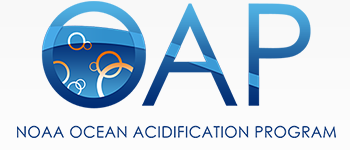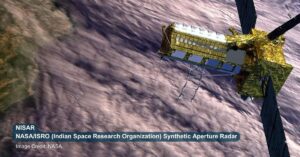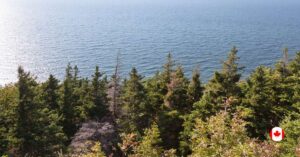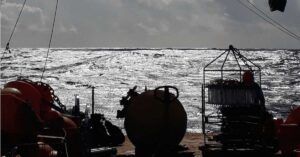Coastal Acidification Networks (CANs)
Coastal Acidification Networks (CANs) are regional bodies spanning the coasts of the US representing diverse ocean users interested in addressing ocean and coastal acidification at the intersection of science, policy, industry, and education/outreach. The CANs are embedded in the regional associations of IOOS and Regional Ocean Partnerships and operate with funding support from the NOAA Ocean Acidification Program as well as other state and federal grants. CANs play a critical role in supporting regional monitoring, community engagement, and capacity building/sharing on topics relevant to ocean and coastal acidification, including adaptation and mitigation strategies and state action planning.
To achieve these objectives, the CANs commit to:
– Working with scientists, industry, and communities to identify knowledge gaps and information needs, as well as facilitating two-way exchange of information between those collecting data and those needing information.
– Providing data and tools for decision makers through the creation of high-quality information products at local, regional, and national levels.
– Synthesizing and interpreting the state of the science.
– Recommending regional priorities for monitoring and research, as well as sharing best practices for monitoring.
– Supporting workforce development initiatives through mentoring early career professionals and working with underserved and underrepresented communities.
Relevant OARS outcomes
Outcome 1: Quality Data
Outcome 2: Science to Action
Outcome 3: Observing Strategies
Outcome 4: Biological Impacts
Outcome 5: Future Projections
Outcome 6: Public Awareness
Outcome 7: Policy Engagement
OARS programme support (e.g. funding)
Ocean Basin
Arctic Ocean
North Pacific
North Atlantic
South Atlantic
Organisation
NOAA Ocean Acidification Program
Silver Spring, MD, USA
https://oceanacidification.noaa.gov/working-together/
- Alaska Ocean Acidification Network: https://aoan.aoos.org/
- California Coastal Acidification Network: https://c-can.info/
- Caribbean Coastal Acidification Network: https://www.caricoos.org/
- Gulf of Mexico Coastal Acidification Network: https://geo.gcoos.org/gcan/
- Mid-Atlantic Coastal Acidification Network: https://midacan.org/
- Northeast Coastal Acidification Network: http://www.necan.org/
- Southeast Coastal Acidification Network: https://www.socan.secoora.org/




